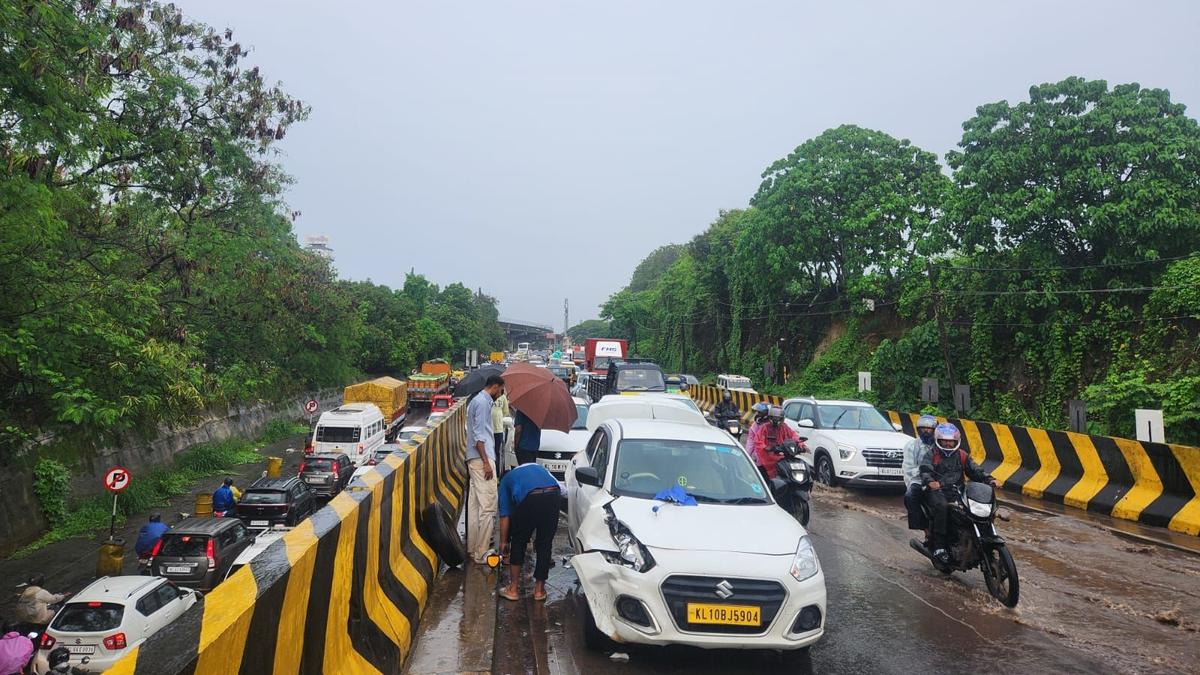To usher in a new era of technology-driven women entrepreneurship, the Kudumbashree Mission has launched the Kudumbashree Technology Advancement Programme (KTAP) where by a centralised technology bank has been created by purchasing 184 technologies at an estimated ₹90 lakh.
Memorandums of Understanding have been signed with seven reputed research and technology institutes from which the technologies related to farming and food processing and value addition have been bought with the objective of harnessing the power of innovation and technology to strengthen Kudumbashree’s farm livelihood vertical. The idea is to transform traditional farming and food processing into sustainable, competitive rural enterprises.
“The State Kudumbashree Mission will impart awareness about these technologies to district-level teams initially. In the next stage, selected members from each district, including entrepreneurs, will be given hands-on training in technologies of relevance to them at the institutes concerned. Going forward more related technologies will be added to the bank,” said S. Shanavas, State Programme Officer, Kudumbashree’s Farm Livelihood vertical.
The technology bank will serve as a shared repository of modern tools and solutions to empower Self-Help Groups to access, borrow, and utilise technologies to enhance productivity and product quality. These technologies will be harnessed for creating new 1,500 product groups and 125 integrated farming clubs besides empowering the existing enterprises.
KTAP is being backed by an initial budget of ₹1 crore under the Technical Supporting Agency (TSA) component of National Rural Livelihoods Mission to revolutionize farm livelihoods by integrating cutting-edge technology into all levels of agricultural and food-based enterprises.
The impact of KTAP is expected to be three-fold. It will enable certified, high-quality value-added products that can compete beyond local boundaries. enhance income generation for women-led rural enterprises by moving them from subsistence-level livelihoods to scalable agribusiness models and build technical and managerial skills thus ensuring members are trained in the use, maintenance, and business applications of the technologies provided.
Among the key objectives of the project include modernisng key areas such as agri-processing, smart farming, organic production, packaging, licensing, and branding. The technology access is likely to help product standardization, enhanced inter-district collaboration, and entry into domestic and international markets.
Published - June 02, 2025 07:15 pm IST



.png)
.png)
.png)
















 1 day ago
2
1 day ago
2








 English (US) ·
English (US) ·